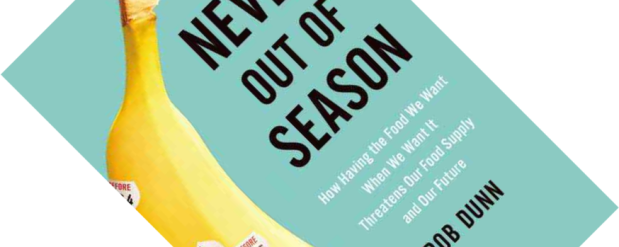Overpopulation. Is there another topic more likely to bring about an uncomfortable silence during a dinner party? Possibly one of the last taboos even of our era, one name is intimately linked with this topic: Thomas Robert Malthus, author of the much-maligned An Essay on the Principle of Population. Originally published in 1798, Yale University Press here republishes the second edition of 1803, which is much expanded. As a bonus, they throw in five essays to place this work in context and discuss its relevance today. Why would you read a book that is over 200 years old? For the same reason evolutionary biologists still read On the Origin of Species – you cannot really properly discuss, let alone criticise a subject without reading its foundational text, now, can you?
history
Book review – The Great Leveler: Violence and the History of Inequality from the Stone Age to the Twenty-First Century
Given that I predominantly review books on biology, you may wonder why a book on the history of economic inequality would be reviewed here. All I can say in my defence is that this biologist is nothing if not inquisitive.
Walter Scheidel’s The Great Leveler is a global deep history of inequality. Having taken a long, hard look at a huge range of historical evidence, Scheidel contends that only extreme violence and catastrophe have historically been able to bring more economic equality into the world.
Book review – Never Out of Season: How Having the Food We Want When We Want it Threatens Our Food Supply and Our Future
Year-round availability of a wide variety of food in our supermarkets has become so commonplace that it is easy to take it for granted. Sure, many of us will have given a passing thought to where our food comes from or questioned whether those organic carrots are really worth the extra pennies. But I am sure I am not alone in having a slightly cynical gut feeling that this amounts to a certain amount of greenwashing: a new sector profiteering from our concern for the environment, promising us we can buy and eat our way to redemption. This isn’t helped by the fact that many proponents of organic agriculture often don’t seem to really know what they are talking about and keep having misconceptions around the issue (Organic agriculture does not use pesticides? Organic produce is healthier?). Plus, most are de-facto opposed to biotechnological sciences and techniques (don’t even get me started on all the opposition to GMOs – make no mistake, I am not saying there is no issue to be had with GMOs, but rarely for the reasons put forward). At least, that, in brief, is my personal opinion on these issues. All this is a long-winded introduction to say: this book made me sit up and pay attention, but for completely different reasons than I have mentioned above.



